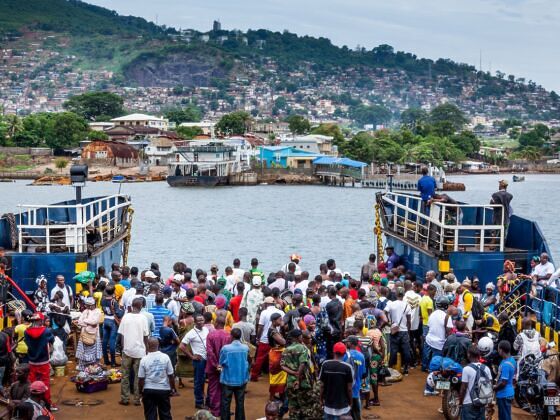Last month, the government of Sierra Leone passed the Broadcasting Act and created the Sierra Leone Broadcasting Corporation, a new public service broadcaster.
The Act will effectively merge the state broadcaster, the Sierra Leone Broadcasting System, with United Nations Radio, set up during the country’s brutal civil war in an effort to resolve tensions.
